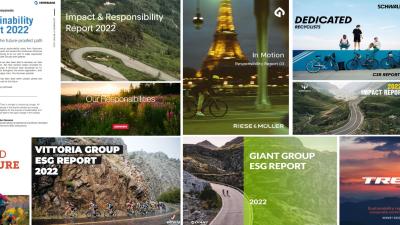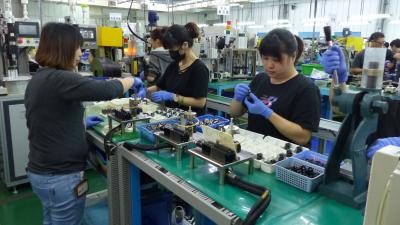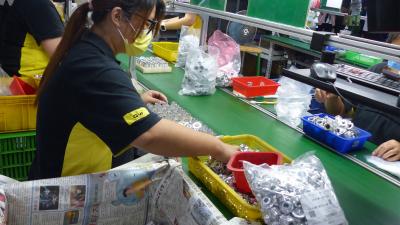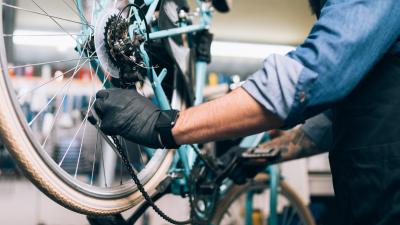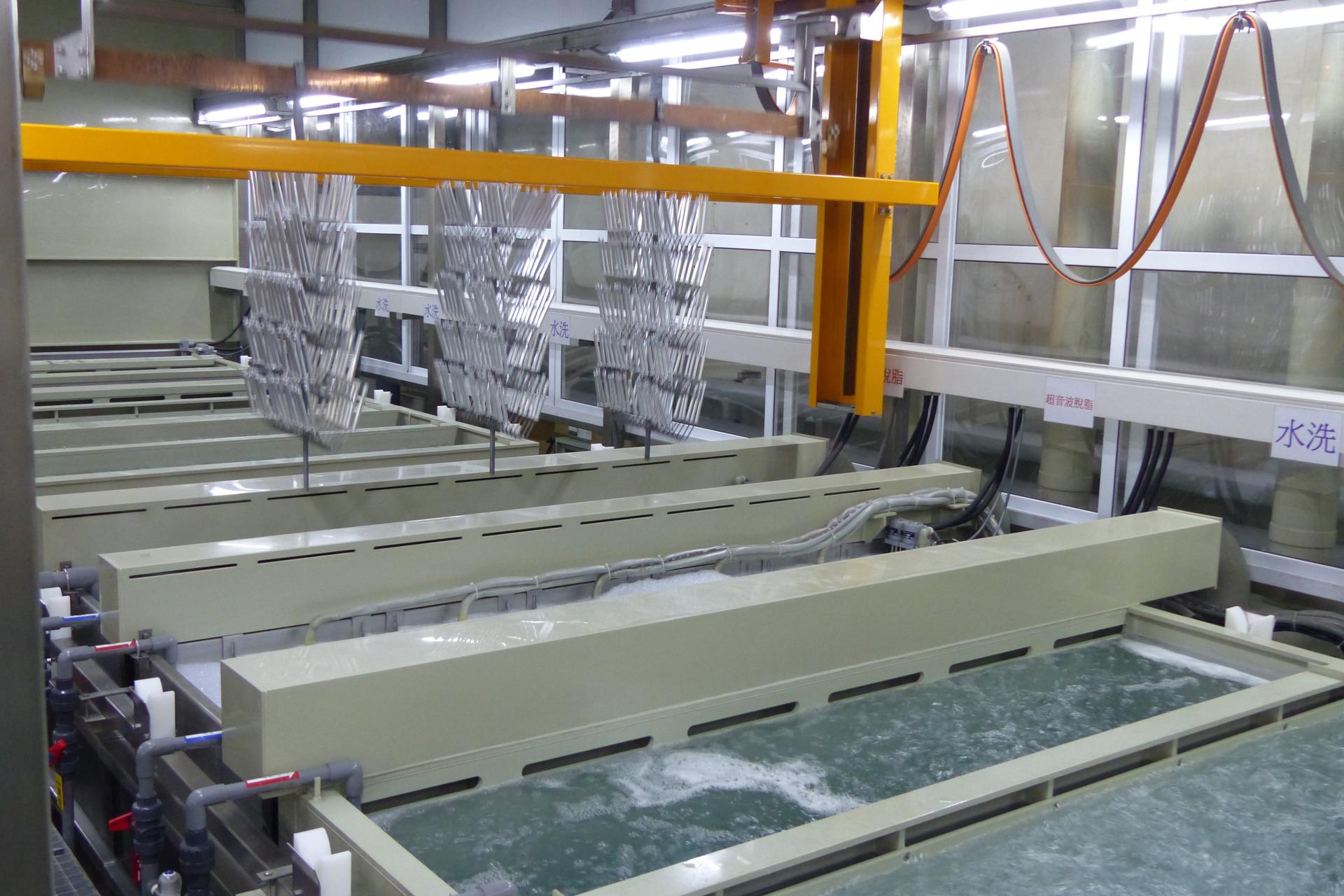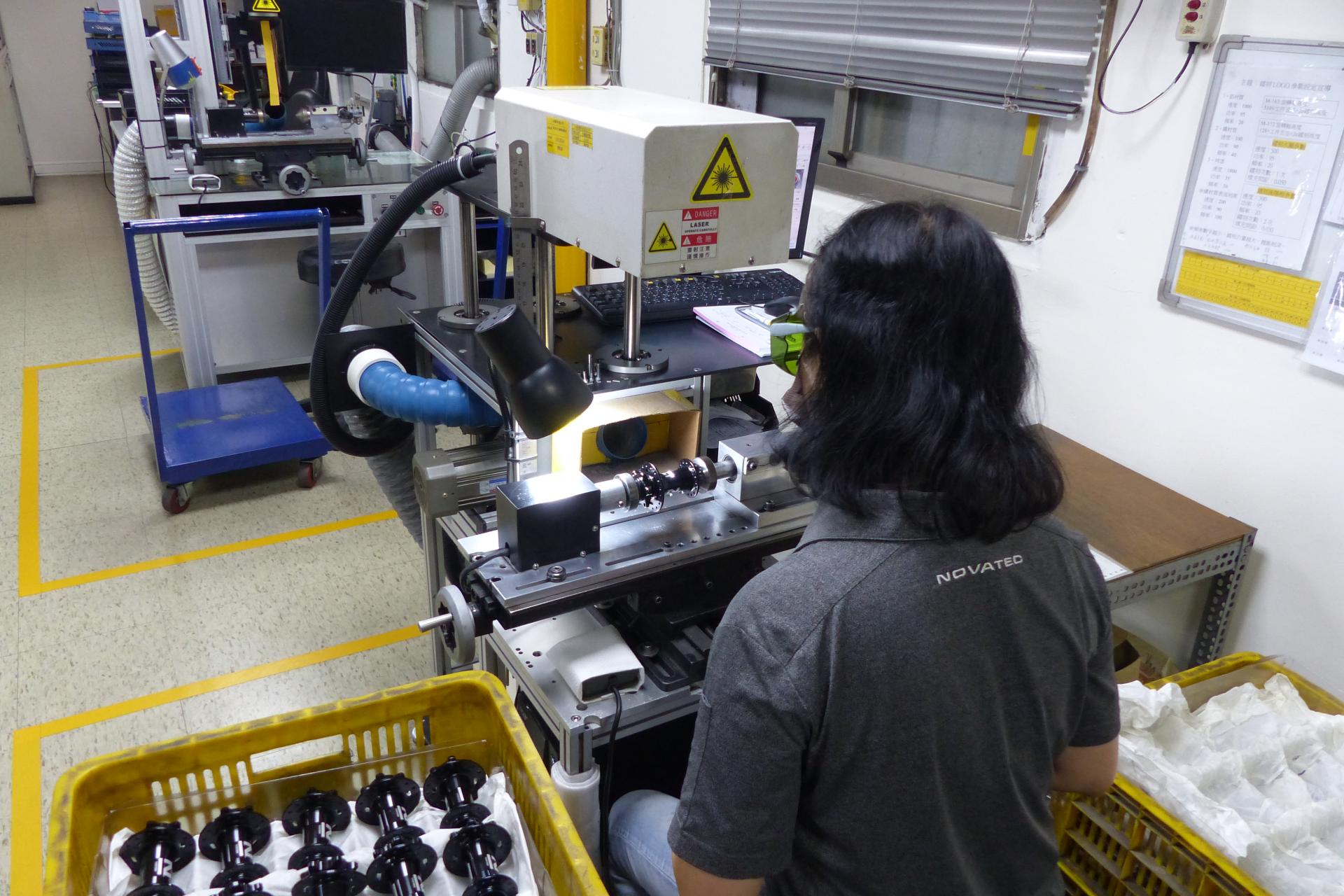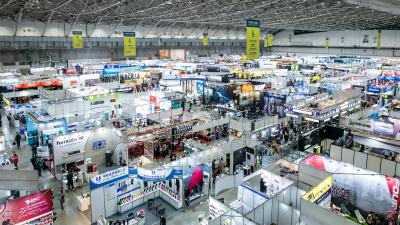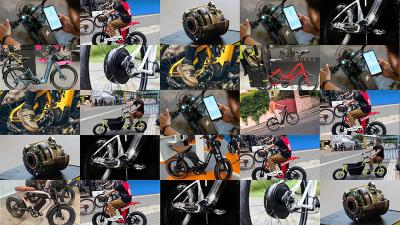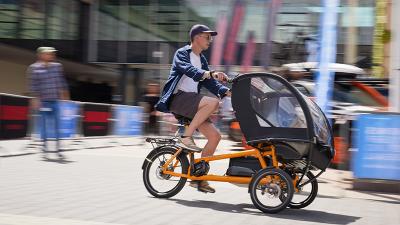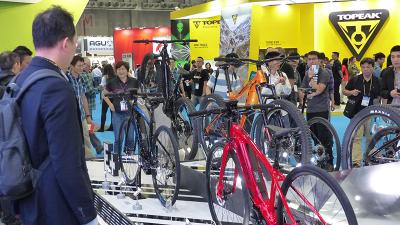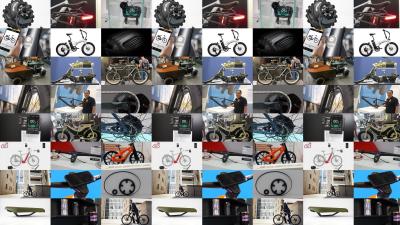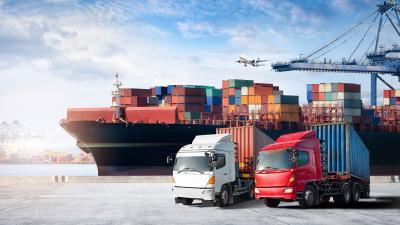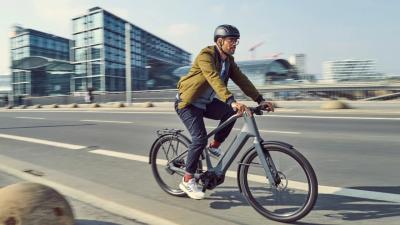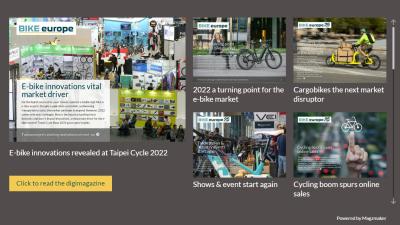Challenges in the energy mix
The target to reduce carbon emissions during the production process will give the industry in Taiwan a hard time. A substantial part of these emissions come from power plants. For its energy mix, Taiwan heavily relies on coal-fired power stations and there is no medium-term outlook that this will change. The industry will have to come up with creative ideas to solve this issue.
In line with the learning organisation principle like the A-Team, the BAS set an important step forward by putting up discussion panels to help the BAS members to prepare for the next level. These panels focus on:
- On/Offline Open Platform
- Learning Organisation
- Supply Chain Resilience
- Digital Transformation
- Global Synergy
- Inheritance and Succession
- Commitment to carbon emissions reduction
Not only in Taiwan, but throughout the whole supply chain, the BAS wants to play a leading role. “We want to make a global connection between all WBIA (World Bicycle Industry Alliance) members on all ESG topics,” explains TBA Chairman Wu. “Besides the annual WBIA meetings at Eurobike, we invite the members to come over to the Taipei Cycle Show and consider our common goals and create learning panels on various topics as we did at the BAS.”
Implementation on company level
“For our ESG team we have followed the same structure with the discussion panels as the BAS,” says Jeff Chan of Novatec and Vice Chairperson of the BAS. “We have also implemented ISO 14064-1 with internal trainings and verifications (ISO 14064-1 stands for the quantification and reporting of greenhouse gas emissions). Also in our work processes, ESG becomes leading. We have already replaced plastic packaging materials with paper and we will soon only have packages fully made of reusable materials. The next step is battery recycling.” Novatec is also involved in a carbon fibre recycling process as part of their ESG project. Jeff Chan confirmed that the bicycle industry was late stepping into ESG projects compared to other industries.
Re-using heat in production processes
Glory Wheel founder Charles Lee goes even further: “We don’t want to make anything that is not recyclable and we are also investing now in more sustainable production machinery. For example, we harvest the heat that comes off the CNC machinery and use it for the anodizing process. It not only lowers our carbon emissions, but it also improves the working conditions. When the idea came up, we were surprised that nobody even thought about that concept in our industry.” Glory Wheel’s concept of harvesting heat in one production stage and re-using it in another phase, has been taken over by others. Also, Tektro has reported the implementation of this technology.

